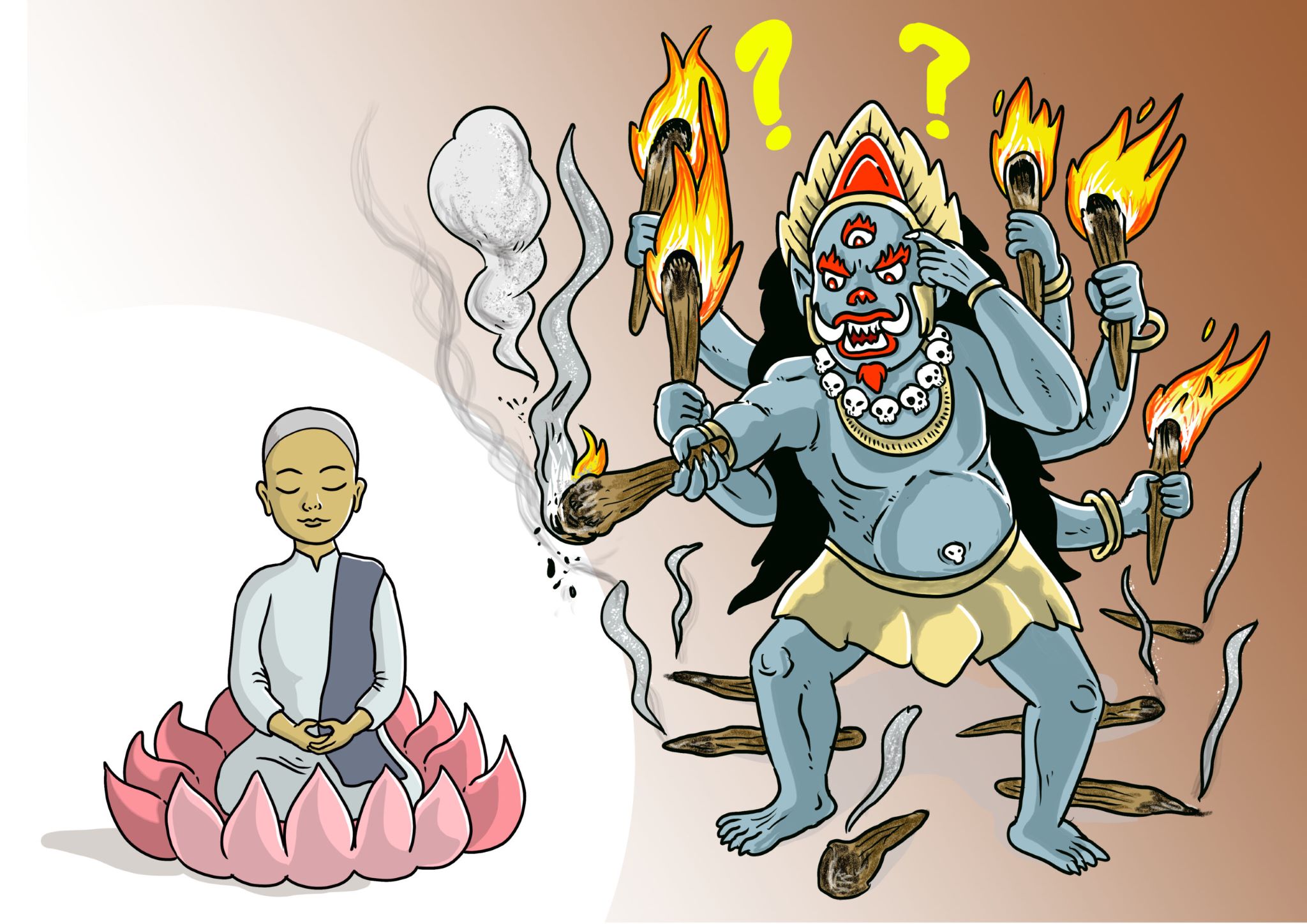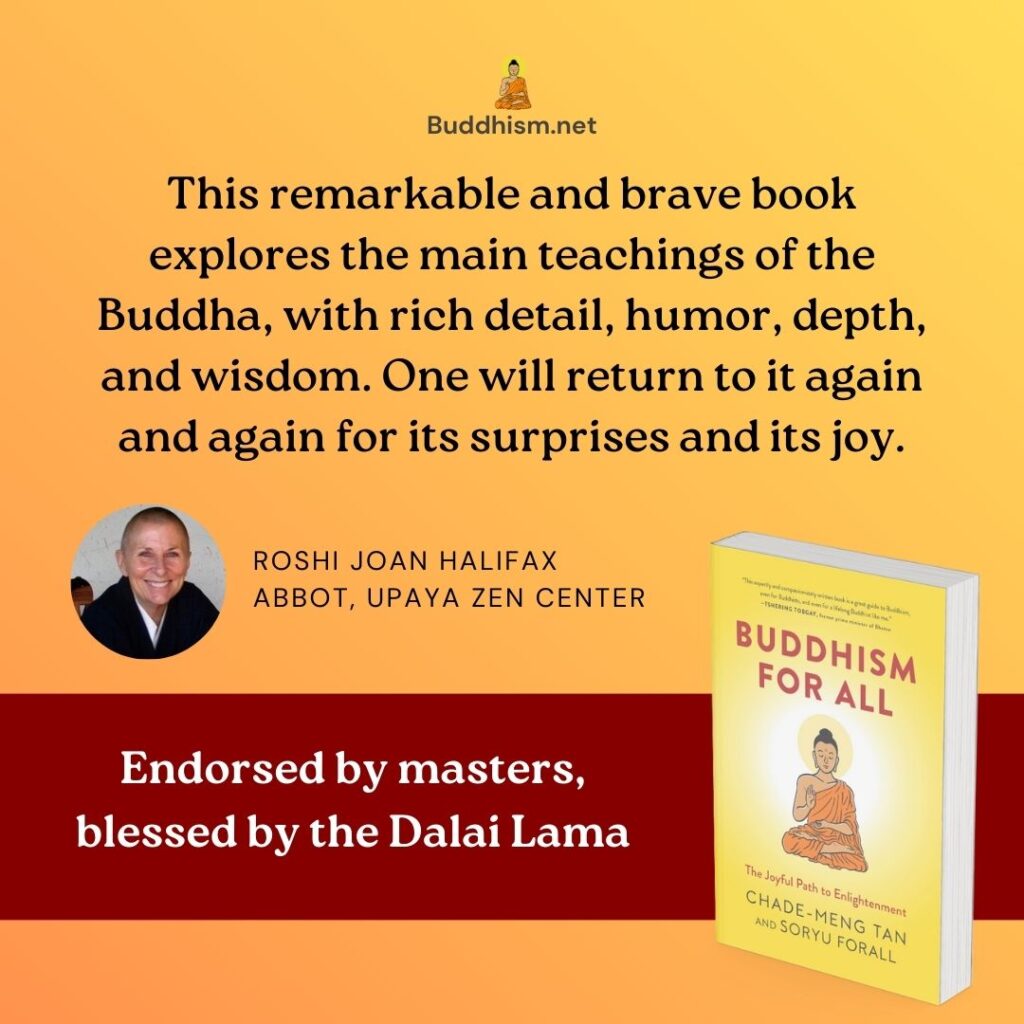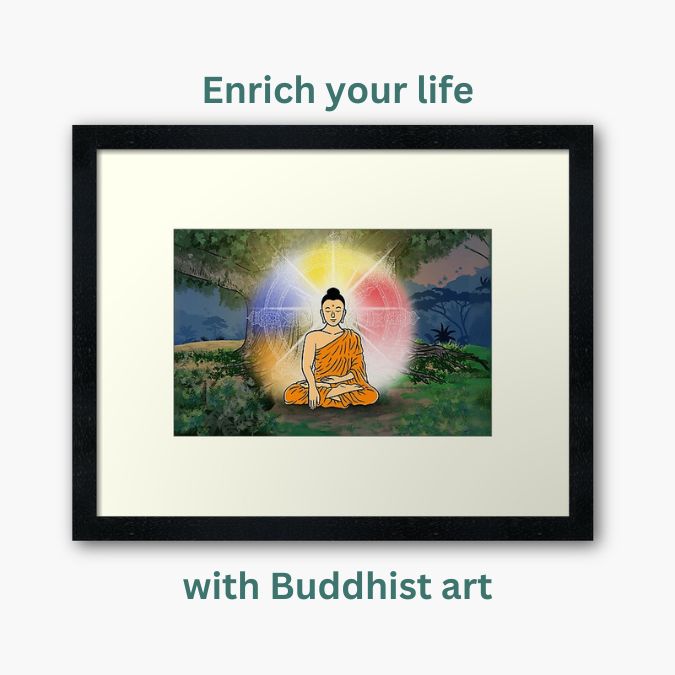
In the previous post, the Buddha identified three specific types of craving:
- Craving for sensual pleasure.
- Craving for existence.
- Craving for non-existence.
In this post, we will go into detail regarding (1).
When we say “craving for sensual pleasure”, it is actually significantly broader than what a typical modern reader may have in mind. Yes, “craving for sensual pleasure” includes the grasping for things that are pleasant to the five senses (“I want, I want, I want!”), but it also includes the flipside, which is aversion to things that are unpleasant to the five senses (“I don’t want, I don’t want, I don’t want!”). In addition, Buddhist psychology classifies the thinking and attending aspects of mind, mano, as a sense base. In the same way that the eye senses sights and the ear senses sound, mano senses thoughts. Hence, the pleasant (or unpleasant) feelings associated with thoughts count as objects of sensual pleasure as well. This includes pleasant or unpleasant thoughts relating to ego such as, “I am superior”, “I am inferior”, or pleasant or unpleasant thoughts relating to other people, such as “I love him”, “I hate him”, “he loves me”, or “he hates me”.
In short, the domain for “craving for sensual pleasure” includes the grasping and aversion to all pleasant and unpleasant experiences relating to all objects sensed by the six sense bases, including thoughts.
The Buddha gave a rather stark simile to illustrate the suffering caused by craving for sensual pleasure. He compared it to a leper “with sores and blisters on his limbs, being devoured by worms, scratching the scabs off the openings of his wounds with his nails, cauterizing his body over a burning charcoal pit.”[1] The leper then went to see a skillful doctor, who cured him of leprosy. After that, he realized that while he was afflicted with leprosy, he felt good when he scratched and burned his skin, but now that he is cured, he realized that to not have leprosy, and not have a desire to scratch or burn his skin, felt even better, much better. In the same way, someone afflicted with the craving for sensual pleasure feels compelled to gratify that craving, and when he does, he feels good, but once he is cured of that craving, he finds that not having a craving for sensual pleasure feels even better, much better.
As a result of craving for sensual pleasure, we want to have pleasant experiences from the five senses (pleasant sights, sounds, smells, tastes and touch). We also want to have pleasant thoughts: thinking of ourselves as competent, living a meaningful life and being loved and admired. If we don’t have any of those things, we suffer. If we have the inverse of one of those things, for example, we experience unpleasant smell or taste, or have unpleasant relationships, we suffer. Even if we have everything pleasant that we want, we have to work hard and make sacrifices to maintain them, and we suffer. We are afraid to lose what we have, we suffer. And even if we keep all our pleasant things, we eventually habituate to them, so we need increasingly stronger pleasant stimuli just to keep the same amount of happiness. And at the end of the day, no matter how perfect our lives are, things will change. Every single person we hold dear will die. We will die. We suffer.
Hence, craving for sensual pleasure is guaranteed to cause suffering now, or in the future, or both.
It is important to note that the suffering is not caused by the sensual pleasure per se, but the craving for it. That’s why this component of the cause of suffering is not kama (sensual pleasure), but kama-taṇhā (craving for sensual pleasure). In day-to-day life, this craving shows up most often in the mistaken but widely held belief that happiness can only come from sensual pleasure. In other words, we can be happy only if we experience pleasant sights, smells, sounds, tastes and touch, and pleasant thoughts arising from having a fluffed ego and desirable relationships, and if we avoid the reverse. The keyword is “only”, and that “only” compels us to grasp on desperately to all pleasant things in our lives, and that grasping causes suffering. An antidote for this is experiencing states of bliss that do not depend on having any pleasant sensation or thought, which we will discuss later when we examine right samadhi.
You may be wondering: okay, if the suffering is caused by the craving for sensual pleasure, and not the sensual pleasure per se, then is it possible to experience sensual pleasure without any craving and, therefore, without any suffering? The answer is yes.
Moggallāna, one of the Buddha’s two top disciples, gave a discourse where he described what it is like to have sensory experience without suffering.[2] This was during the first night the monks occupied a newly-built hall, so Moggallāna skillfully used the building itself as a teaching aid. He calls having sensory experience without suffering being “uncorrupted by the senses”. He said to the monks, “How, friends, is one uncorrupted [by the senses]? Here, having seen a form with the eye, a monk is not intent upon a pleasing form and not repelled by a displeasing form. He dwells having set up mindfulness of the body, with a limitless mind, he fully understands liberation of mind and liberation by wisdom, wherein unwholesome states cease without remainder. He is then uncorrupted amidst form cognized by the eye. When a monk dwells thus, forms do not overwhelm him, he overwhelms them.”
He repeated the same thing for all the other five senses, and then compared such a mind to a well-constructed building that is built fire-resistant, “Suppose, friends, there is a peaked house or hall built of thickly packed clay and freshly plastered. If a man approaches from any direction with a blazing grass torch, the fire fails to gain access to it, fails to get a hold on it. In the same way, when a monk dwells thus, even if Mara [personifying suffering] approaches him through any of the senses, Mara fails to gain access to him, fails to get a hold on him.”
The bad news is to get to zero suffering with regard to sensory experience, you need zero grasping and aversion, which means zero craving, and it could take quite a while to get to zero. The good news is it can occur in degrees, which means that the less you experience pleasantness with grasping and unpleasantness with aversion, the less suffering you experience. The effect can be quite dramatic. Some of the students in my Search Inside Yourself class[3] find that with only a few hours of meditation practice, they developed enough of a reduction in grasping and aversion that they gained a meaningful upgrade in their ability to deal with suffering, and that changed their lives.
In the next post, we will examine the other two types of craving.
Activities
References
[1] Majjhima Nikāya 75.
[2] Saṃyutta Nikāya 35.243. Also relevant is Saṃyutta Nikāya 35.232.
[3] Based on the book Search Inside Yourself, by Chade-Meng Tan. HarperOne (2012).
Featured image by Colin Goh.


